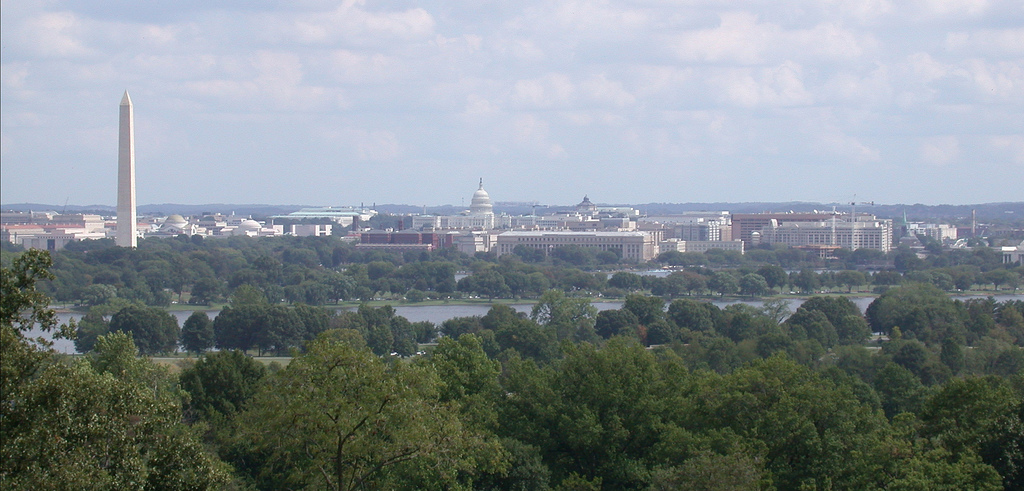Two more states, accompanied by our nation’s capitol, have legalized marijuana for recreational use.
While Florida’s bid for medical marijuana didn’t get enough votes to pass, the passage of recreational laws in Oregon and Alaska has doubled the number of states that have decided to rethink federal cannabis prohibition. It is clear that the growing majority of voters who support legalization will be more difficult to ignore than ever before.
Here are the numbers: Oregon passed Measure 91 with 55% approval, while Alaska — a little too close for comfort — passed Ballot Measure 2 with just over 52% approval. Washington D.C.’s Initiative 71 was a shoe-in, with almost 65% support and less than 30% opposed.
Although the Washington D.C. measure could be challenged by the federal government, which is granted certain political powers over the district given its unique status, the capital city’s marijuana legislation may find an unexpected ally in U.S. Senator Rand Paul, a Republican from Kentucky. Paul could soon be leading a subpanel with oversight of D.C. laws, and he’s expressed that he has no interest in interfering with the district’s Initiative 71, Roll Call reports. “I’m not for having the federal government get involved,” Paul said. “I really haven’t taken a stand on … the actual legalization. I haven’t really taken a stand on that, but I’m against the federal government telling them they can’t.”
Whether federal government officials attempt to interfere or not, the D.C. city council has already begun looking into a system for the regulated sales and distribution of legal marijuana.
In Oregon, the new law allows adults aged 21 and older to possess up to eight ounces of weed and cultivate up to four cannabis plants at home. A regulated system for the production, distribution, and sale of legal cannabis will be developed by the Oregon Liquor Control Commission. This system, expected to draw inspiration from those already in place in Washington and Colorado, is to take effect by January 1, 2016.
The Alaskan law is similarly structured, but instead grants adults 21 and over the right to grow up to six cannabis plants in their home, but only carry up to one ounce on their person. The law comes into effect 90 days following the election’s certification, and then the state will have 18 months to implement a regulatory system. However, Alaska now faces a situation like the one Washington faced two years ago: without a regulated medical marijuana infrastructure, the great northern state will have to develop a system for retail marijuana sales from scratch.
Sources:
http://www.cnn.com/2014/11/04/politics/marijuana-2014/index.html?hpt=hp_t2
http://blogs.rollcall.com/hill-blotter/rand-paul-let-d-c-legalize-marijuana-if-voters-want/
Photo Credit: Ed Uthman
Get daily cannabis business news updates. Subscribe
End
